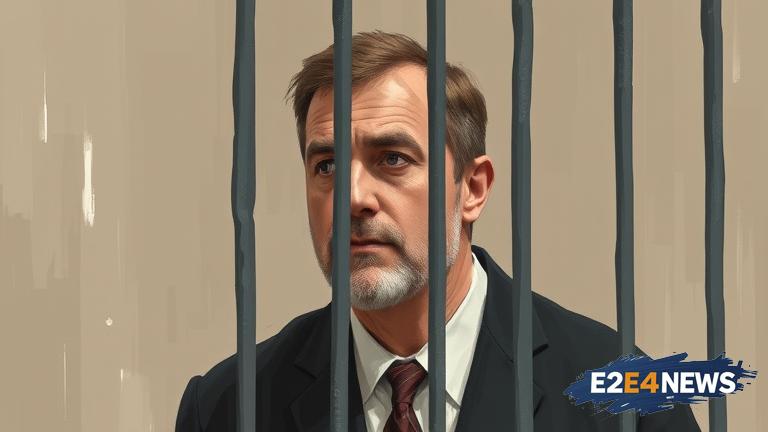Richard Glossip, a man who has been on death row in Oklahoma for over 20 years, will remain in jail after a judge denied his request for bond. Glossip was convicted of murdering his employer, Barry Van Treese, in 1997, but his case has been marred by controversy and allegations of misconduct by prosecutors. In recent years, new evidence has come to light that has raised significant doubts about Glossip’s guilt, including a statement from a key witness that implicates another man in the crime. Despite this, the judge ruled that Glossip must remain in jail while his case is appealed. Glossip’s lawyers had argued that he should be released on bond due to the new evidence and the fact that he has already spent over two decades behind bars. However, the prosecution argued that Glossip is a flight risk and that releasing him on bond would pose a danger to the community. The judge ultimately sided with the prosecution, ruling that Glossip must remain in jail. Glossip’s case has drawn widespread attention and criticism, with many arguing that he is innocent and that his conviction was the result of a flawed and biased justice system. The case has also raised questions about the use of the death penalty in Oklahoma and the state’s handling of capital punishment cases. Glossip’s lawyers have vowed to continue fighting for his release and to prove his innocence. The case is expected to continue to garner attention and scrutiny in the coming months. Glossip’s story has been the subject of a documentary series and has been featured in numerous news outlets. The case has also sparked a national conversation about the death penalty and the need for reform. Many have called for Glossip’s release and for a thorough review of his case. The judge’s decision to deny bond has been met with disappointment and outrage from Glossip’s supporters. Glossip’s case is a complex and multifaceted one, with many twists and turns. The new evidence that has come to light has raised significant doubts about Glossip’s guilt and has led many to question the fairness of his trial. The case is a reminder of the importance of ensuring that justice is served and that the rights of all individuals are protected. Glossip’s lawyers will continue to fight for his release and to prove his innocence, and the case will likely continue to be a major news story in the coming months.
